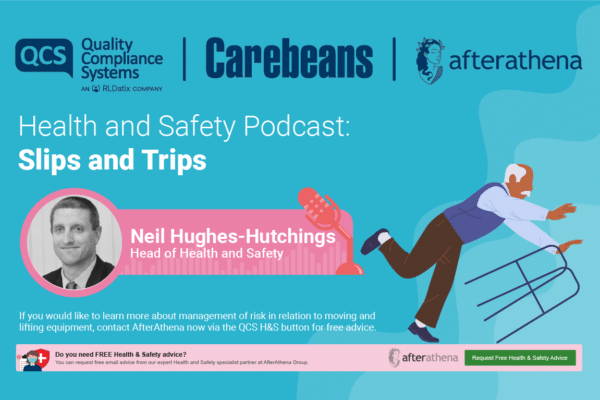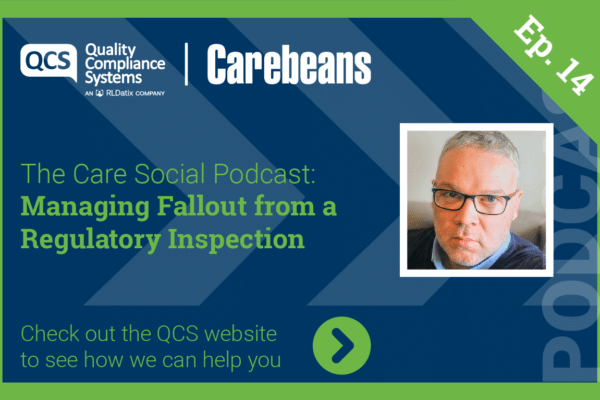The new Eatwell Guide, a model based on the government’s advice on a healthy, balanced diet, was published on 17th March. The Guide shares many similarities with its predecessor, the Eatwell Plate. But one of the changes is a move towards making our diets more sustainable.
What is a sustainable diet?
There is no formal definition of a sustainable diet but a number of key aspects are:
- Necessity: food needs to meet recommendations for dietary health.
- Sufficiency: food needs to be affordable, and should not be excessively consumed or wasted.
- Enjoyment: diets should be varied, interesting and attractive.
- Health and wellbeing: food should contribute to a healthy lifestyle, balanced with exercise.
- Planetary boundaries: food production should not exceed physical environmental limits.
- Economic resilience: the long term security of food supply should be maintained.
- Social acceptability: the social and ethical impact of food should be acceptable and culturally relevant given the UK’s ethnic/religious diversity.
All food production comes at an environmental cost, but we need to look forward to helping the population achieve a diet which is both healthy and environmentally responsible.
The sustainability focus in the Eatwell Guide is on protein, as protein-rich main ingredients can contribute significantly to the environmental impact of the food on our plates. The Eatwell Guide segment, Beans, pulses, fish, eggs, meat and other proteins places emphasis on certain food products within the food group that can be considered more environmentally sustainable. The change of name (in the eatwell plate it used to be Meat, fish, eggs, beans and other non-dairy sources of protein) highlights the importance of plant based proteins to a sustainable, healthy diet.
Eating sustainable fish
Protein is an important and essential nutrient. Studies have shown that older people consuming higher amounts of protein may lose less muscle mass compared to those with lower protein intakes.
Healthy eating guidelines advise moderate consumption of lean meat, fish, eggs and pulses such as beans and lentils. These foods, as well as providing protein, are sources of other important vitamins and minerals including iron, zinc and vitamin B12. The new Eatwell Guide emphasises eating two portions of fish a week including one portion of oily fish. Choosing fish that comes from responsibly managed sources or has been produced sustainably is a good step to take to protect our fish supplies. These can be identified by looking for assurance scheme logos (like the Marine Stewardship Council’s (MSC) ‘blue tick’).
Protein diversity
As well as meat and fish, eating a greater variety of protein-rich main ingredients – which might include plant based sources of proteins like beans, peas and lentils, or other meat alternatives like Quorn or textured vegetable protein, could be an effective and acceptable way to create positive change. Research from the Carbon Trust found that embracing protein diversity would, in most cases, be better for individual health and the overall environment.
In practical terms change doesn’t happen overnight. Some protein choices, such as sustainable fish, pulses and meat alternatives are already commonly eaten and could be scaled up easily. Others choices, such as insect and algae still may have a lot of commercial and behavioral barriers to overcome!
Variety is the spice of life
And when it comes to making choices about proteins may not just better for our lives here, but better for life on this planet.






